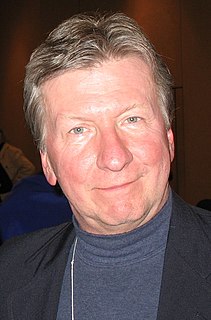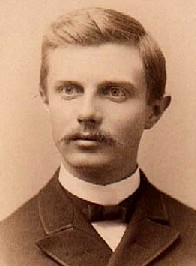A Quote by Ani DiFranco
I'm aware enough, I guess, of American labor history.
Related Quotes
Labor, being itself a commodity, is measured as such by the labor time needed to produce the labor-commodity. And what is needed to produce this labor-commodity? Just enough labor time to produce the objects indispensable to the constant maintenance of labor, that is, to keep the worker alive and in a condition to propagate his race. The natural price of labor is no other than the wage minimum.
Labor unions have a long history of benefitting all workers, even those who are not members of unions, because everyone's wages go up. If we don't increase membership - and membership in labor unions is going down because of the attacks against organized labor - it's something every single American, whether they're officially in a union or not, should be concerned about. It's a spiral. It's a weakening of the middle class and our economy can't sustain that.
History is a great teacher. Now everyone knows that the labor movement did not diminish the strength of the nation but enlarged it. By raising the living standards of millions, labor miraculously created a market for industry and lifted the whole nation to undreamed of levels of production. Those who attack labor forget these simple truths, but history remembers them.
I consider myself a progressive, so my answer would be that we need to be progressive. For some reason the people in power in Mississippi still seem to be invested in these very American myths."The individual is alone." "We pull ourselves up by our bootstraps." "We create success for ourselves, and if we work hard enough then we will succeed and have success beyond our wildest dreams." I think that we need to do away with that kind of thinking and be more aware of history and how the history of this place bears in the present and how it affects people.
Journalism is an extraordinary and terrible privilege. Not by chance, if you are aware of it, does it consume you with a hundred feelings of inadequacy. Not by chance, when I find myself going through an event or an important encounter, does it seize me like anguish, a fear of not having enough eyes and enough ears and enough brains to look and listen and understand like a worm hidden in the wood of history.




































